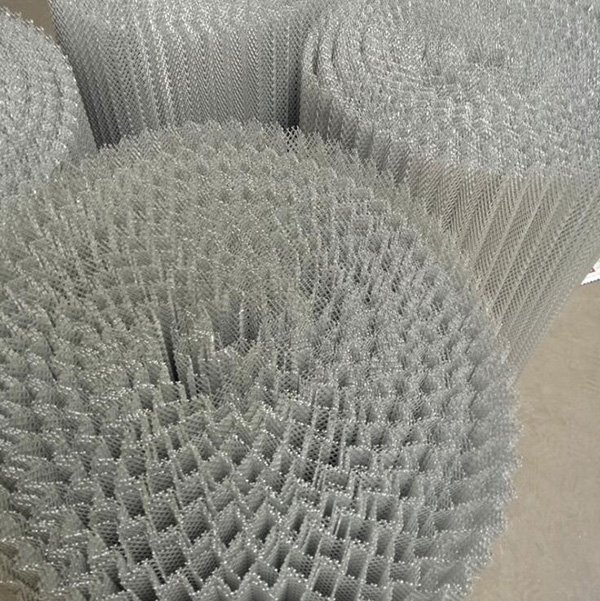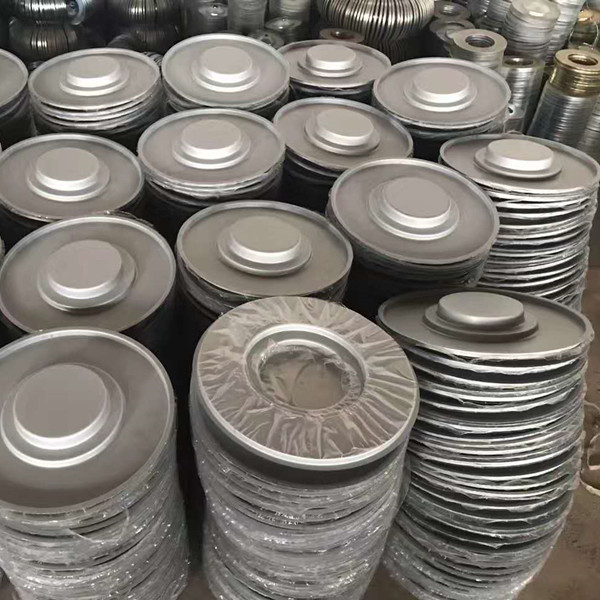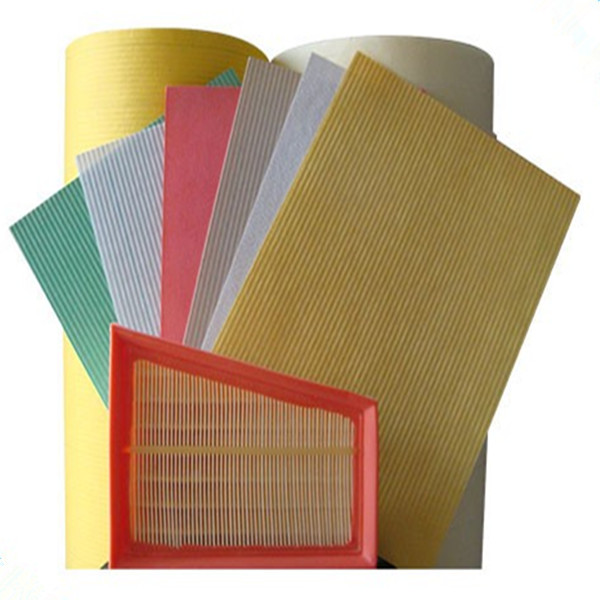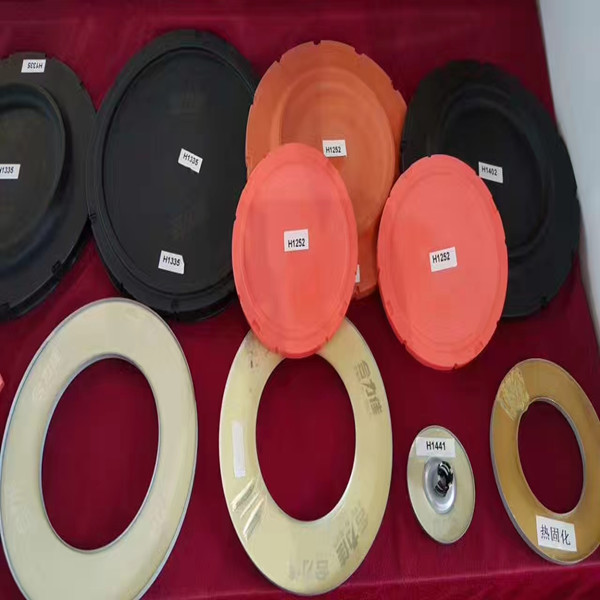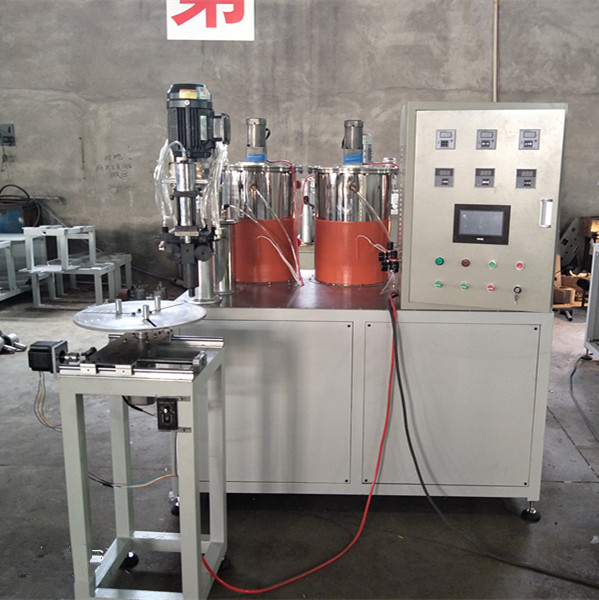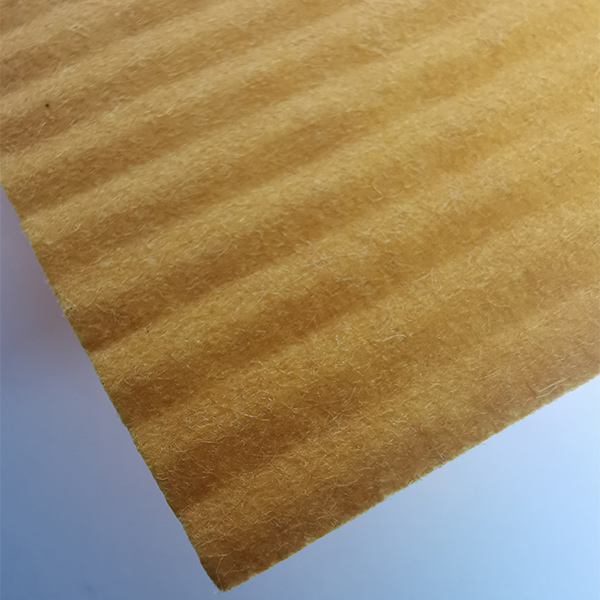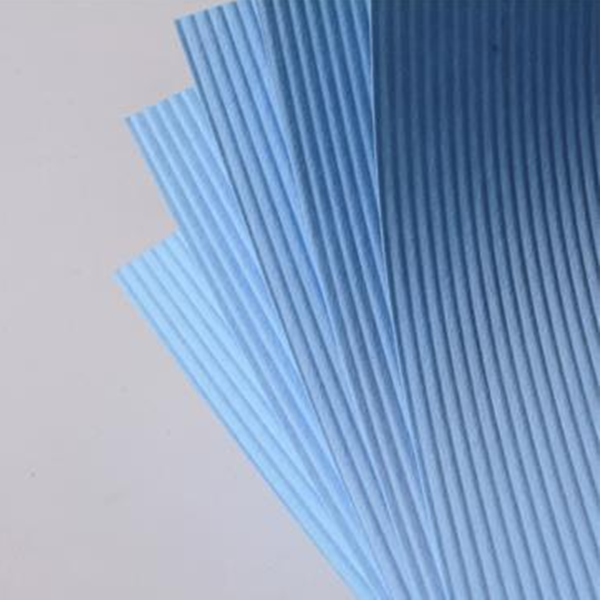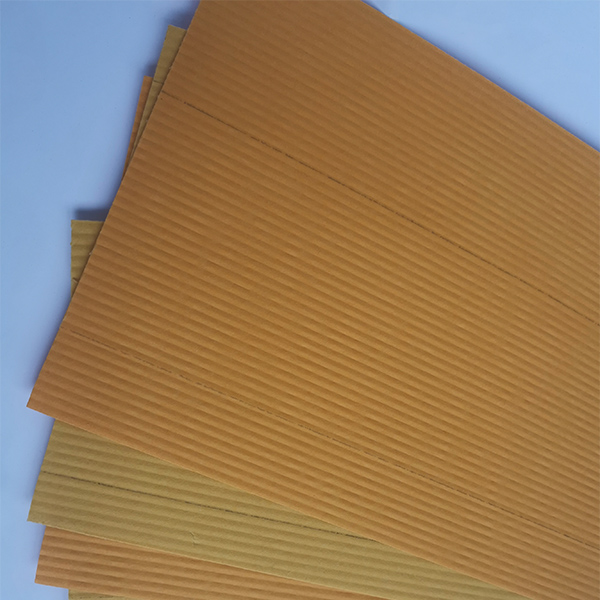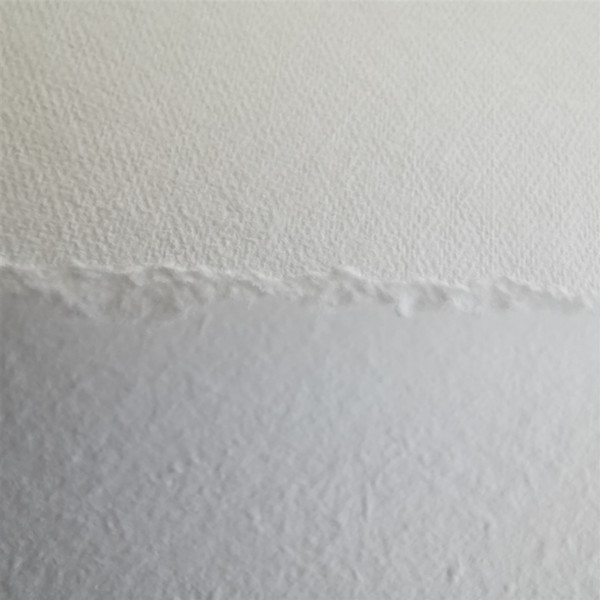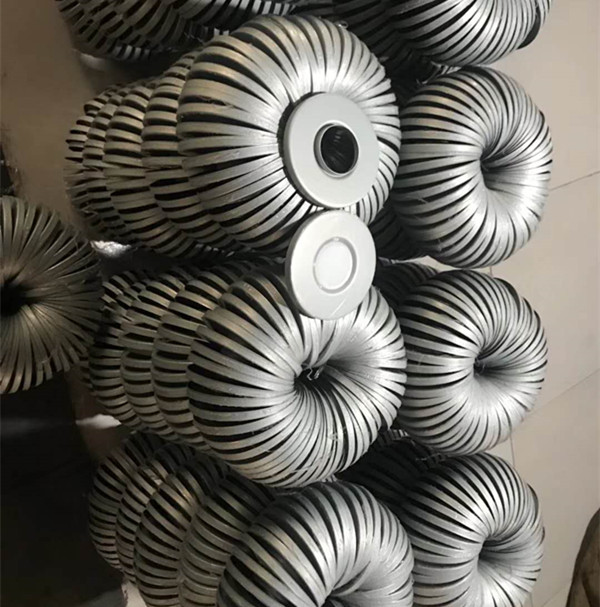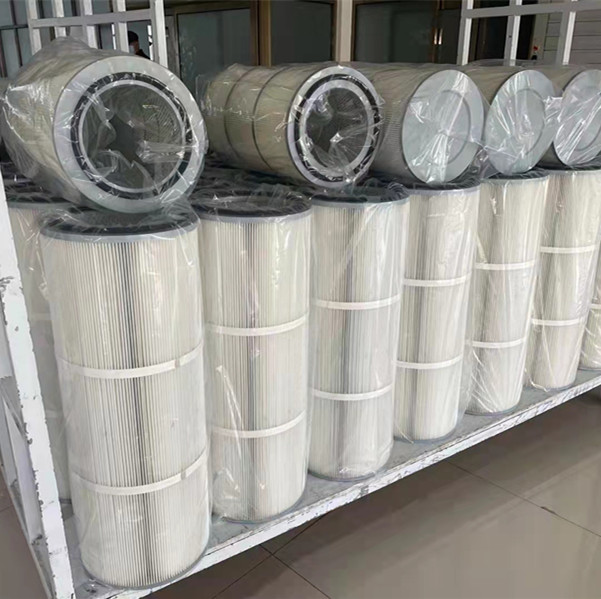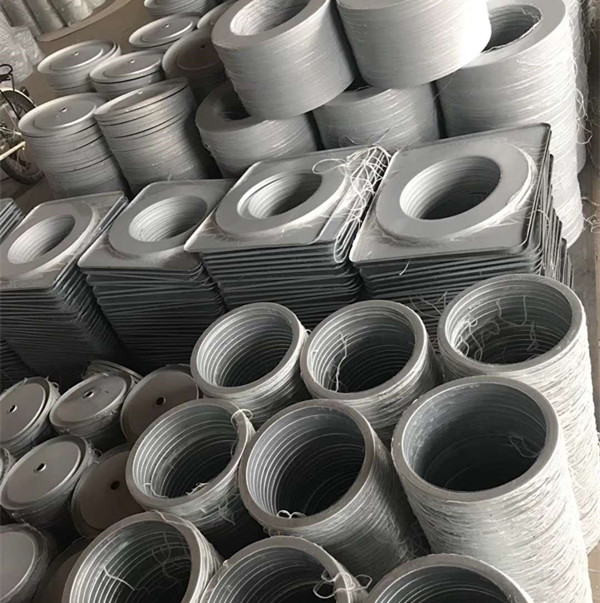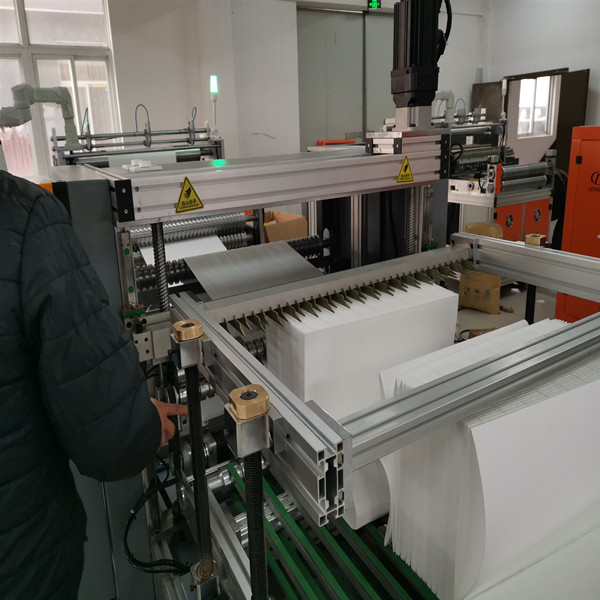The Critical Role of Filter Moulds in Modern Filtration Technology
In the intricate world of industrial filtration, the efficacy and longevity of filtration systems hinge significantly on the precision and durability of their core components. Filter Moulds, specifically those manufactured by Anya Filter Media, represent the foundational element for producing high-performance filters that meet the stringent demands of diverse sectors, ranging from municipal water treatment to complex petrochemical operations. These moulds are not merely tools but are engineered instruments that dictate the structural integrity, porous characteristics, and overall filtration efficiency of the final filter product. The selection of appropriate materials for these moulds, such as high-grade alloy steels or advanced composites, is critical, as it directly impacts their resistance to wear, heat, and corrosive agents encountered during high-volume manufacturing processes like injection molding or compression molding. Achieving a perfect balance of hardness, machinability, and thermal stability in the mould material ensures consistent product quality and extends the mould's operational lifespan, thereby reducing production downtime and enhancing cost-efficiency for filter manufacturers globally. The continuous innovation in filter technology, driven by stricter environmental regulations and increasing demand for purified resources, necessitates moulds that can facilitate the production of filters capable of handling finer particulate matter and higher flow rates, underpinning the entire industry's progression towards more sustainable and efficient filtration solutions. Our commitment at Anya Filter Media extends beyond merely supplying components; we partner with our clients to optimize their filter production processes, leveraging our expertise in material science and precision engineering to deliver moulds that are unparalleled in quality and performance.
Understanding the nuanced requirements of various filtration applications is paramount to designing and manufacturing effective what are the 5 types of filters. These types, typically categorized by their media, mechanism, or application, include mechanical filters, activated carbon filters, membrane filters (like RO membranes), chemical filters, and biological filters. Each type demands specific mould designs to achieve its unique structural and functional properties. For instance, moulds for mechanical filters, such as pleated or depth filters, must ensure precise pleat spacing or uniform media density for optimal particle capture. Membrane filter moulds, crucial for technologies like reverse osmosis (RO) systems, require ultra-precise dimensions to support delicate membrane layers, which are vital for separating dissolved solids and achieving high purity levels, often found in sensitive applications alongside an ro consumables kit. Similarly, moulds for activated carbon filters need to accommodate the granular or block form of carbon while ensuring maximum surface area exposure for adsorption. The engineering precision involved in creating these moulds directly translates to the filter's performance parameters, including micron rating, flow rate, pressure drop, and dirt-holding capacity. Our manufacturing processes, encompassing advanced CNC machining and specialized heat treatments, ensure that every mould exhibits superior dimensional accuracy, surface finish, and material integrity. This meticulous approach guarantees that the filters produced using our moulds not only meet but often exceed industry standards such as ISO 9001 and ANSI/NSF, providing end-users with reliable, high-performance filtration solutions for critical processes, from industrial fluid management to pharmaceutical purification.
Decoding the Manufacturing Process of Filter Moulds
The creation of Filter Moulds is a highly sophisticated process, demanding unparalleled precision and adherence to rigorous quality controls to ensure the production of consistently high-quality filtration media. It typically commences with the design phase, where engineers utilize advanced CAD/CAM software to translate filter specifications into precise mould designs, considering factors like material shrinkage, cooling rates, and ejection mechanisms. Material selection is paramount, with high-grade tool steels like H13, D2, or P20 commonly chosen for their exceptional hardness, wear resistance, and thermal stability. For specialized applications demanding superior corrosion resistance or non-contaminating properties, materials such as stainless steel or even advanced ceramics might be employed. Once the material is selected, the manufacturing process proceeds through a series of meticulous steps. Initial rough machining, often through CNC milling, shapes the raw material close to the final dimensions. This is followed by precision machining, including high-speed CNC machining and electrical discharge machining (EDM), which allows for the creation of intricate features, precise cavities, and complex geometries essential for defining the filter's structure, such as pleats, pores, or media support grids.
Post-machining, the moulds undergo critical heat treatment processes, such as quenching and tempering, to achieve the desired hardness and toughness, enhancing their durability and resistance to deformation under high operational pressures and temperatures. Surface finishing techniques, including grinding, polishing, and sometimes specialized coatings like PVD (Physical Vapor Deposition) or CVD (Chemical Vapor Deposition), are then applied to reduce friction, improve release properties, and extend the mould's service life, significantly impacting the lifespan of the filters produced. Throughout the entire manufacturing journey, stringent quality control measures are implemented. This includes dimensional inspection using CMM (Coordinate Measuring Machine) to verify micron-level accuracy, material analysis to confirm composition and properties, and non-destructive testing (NDT) methods like ultrasonic testing or magnetic particle inspection to detect any internal flaws. Adherence to international standards such as ISO 9001 for quality management and ANSI/ASME for design and manufacturing integrity is non-negotiable. These comprehensive steps ensure that each Filter Mould delivered by Anya Filter Media is a testament to precision engineering, designed to produce filters with optimal performance characteristics, including energy efficiency through reduced pressure drop and superior corrosion resistance due to accurate material forming. Our moulds are specifically designed for industries such as petrochemical, metallurgy, and municipal water treatment, where filter integrity and longevity are paramount.
Technical Parameters & Performance of Key Filter Types
Understanding the distinct technical parameters of what are the 5 types of filters is crucial for effective system design and optimal performance. These parameters, directly influenced by the quality and precision of the Filter Moulds used in their production, dictate a filter's suitability for specific applications. For instance, micron rating, a fundamental parameter, defines the smallest particle size a filter can capture with a specified efficiency (e.g., 99.9%). Flow rate, measured in GPM (gallons per minute) or LPM (liters per minute), indicates the volume of fluid that can pass through the filter in a given time under specific pressure conditions. Pressure drop, the difference in pressure before and after the filter, is a critical indicator of energy consumption and filter lifespan; lower pressure drops signify more energy-efficient operation and reduced strain on pumping systems, such as an ro booster pump kit in reverse osmosis systems. Dirt holding capacity, or the total amount of contaminants a filter can retain before clogging, directly influences the frequency of filter replacement and operational costs. For example, depth filters, widely used in pre-filtration, excel in dirt-holding capacity due to their tortuous path, while membrane filters, crucial for applications requiring high purity like pharmaceutical production, are characterized by their extremely low micron ratings, often below 0.1 microns.
Anya Filter Media's Filter Moulds are engineered to produce filters that consistently meet and exceed these performance benchmarks. For instance, our moulds for pleated filters ensure uniform pleat spacing and depth, maximizing surface area and extending service life by up to 30% compared to standard designs, as evidenced by internal testing data showing a 25-35% increase in lifespan under typical operating conditions. In membrane filtration, precision moulds are vital for creating supports that prevent membrane damage and maintain structural integrity under high operating pressures, a key factor for the longevity and efficiency of RO systems. For chemical adsorption filters, our moulds facilitate the creation of optimal media beds, ensuring uniform flow distribution and maximum contact time with the adsorbent material, leading to superior contaminant removal efficiencies for a longer duration. The material selection for Filter Moulds also plays a role in the ultimate filter performance, as certain mould materials and their surface finishes can influence the non-woven or polymeric filter media's interaction during formation. Our moulds are rigorously tested to ISO and ANSI standards, ensuring compliance with global benchmarks for industrial filtration components. This dedication to precision translates into tangible benefits for our clients: reduced energy consumption due to lower pressure drop, extended filter service life, and minimized maintenance requirements, ultimately leading to significant operational savings and enhanced system reliability across diverse industries including oil & gas, wastewater treatment, and power generation.
Application Scenarios & Industry Impact of Filter Moulds
Filter Moulds are the unsung heroes behind countless industrial and commercial filtration applications, enabling the production of filters that ensure purity, protect equipment, and safeguard public health. In the petrochemical industry, filters produced from our robust moulds are indispensable for removing catalysts, suspended solids, and corrosive agents from process streams, protecting sensitive machinery like heat exchangers and pumps, and ensuring product quality for refined fuels and chemicals. Here, the extreme temperatures and aggressive chemical environments demand filters with exceptional thermal and chemical resistance, which are directly supported by the structural integrity imparted by high-precision moulds. In the metallurgy sector, filters are crucial for cleaning quench oils, rolling mill coolants, and wastewater, preventing equipment wear and enabling compliance with discharge regulations. Our moulds facilitate the creation of metallic or polymeric filters capable of handling abrasive particles and high temperatures commonly found in steelmaking and metal processing.
For municipal water supply and wastewater treatment, filters created with our moulds play a vital role in removing pathogens, sediments, and dissolved contaminants, ensuring safe drinking water and environmentally responsible effluent discharge. This includes the production of large-scale sand filters, activated carbon beds, and membrane modules for reverse osmosis plants. The increasing demand for clean water and the complexity of modern pollutants necessitate filters with higher efficiency and longer lifespans, qualities that are built into the design of our Filter Moulds. Beyond these heavy industries, our moulds contribute to critical applications in pharmaceuticals, food and beverage, electronics manufacturing, and HVAC systems. In pharmaceuticals, for example, sterile filtration and particle removal are paramount, requiring absolute rated filters whose consistency is guaranteed by precision moulds. The versatility and adaptability of our Filter Mould designs mean that whether it's a specialized filter for a medical device or a standard filter for an HVAC system, the underlying quality and performance can be traced back to the precision of the mould. This broad applicability highlights the pervasive and foundational impact of high-quality Filter Moulds across the global industrial landscape, underpinning clean processes and products.
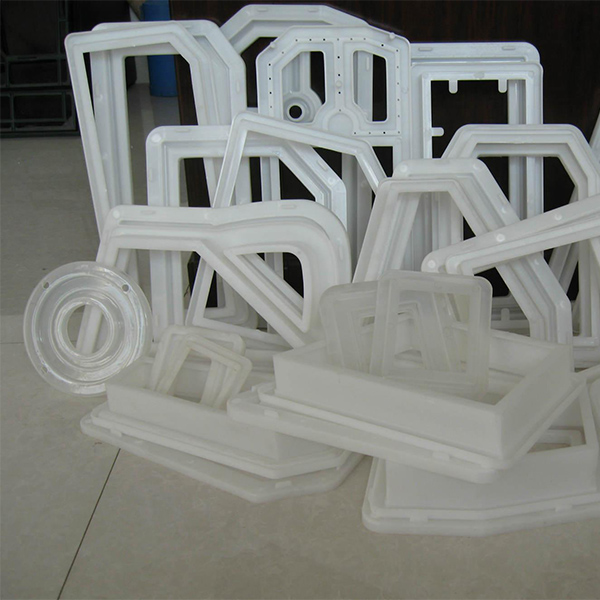
Comprehensive Comparison of Filter Types & Mould Requirements
A detailed comparison of what are the 5 types of filters reveals the diverse requirements they place on Filter Moulds, underscoring the need for specialized engineering in mould design and manufacturing. Mechanical filters, encompassing depth and surface filters, primarily rely on physical straining and impaction. Their moulds must ensure precise pore size distribution and structural integrity for media like polypropylene or cellulose. Activated carbon filters utilize adsorption, requiring moulds that facilitate uniform carbon distribution and optimal bed density to maximize surface area for contaminant capture. Membrane filters, including microfiltration, ultrafiltration, nanofiltration, and reverse osmosis, are characterized by their extremely fine pore sizes and require moulds with micron-level precision to support the delicate membrane layers and prevent leakage, crucial for highly purified water systems often supported by an ro booster pump kit. Chemical filters, which remove contaminants through chemical reactions, demand moulds compatible with the reactive media, ensuring consistent shape and structural stability. Biological filters, often used in wastewater treatment, require moulds that create an optimal environment for microbial growth, such as large surface area bio-media.
The table below provides a comparative overview of these filter types, highlighting their primary mechanisms, typical applications, and the corresponding critical mould characteristics. This distinction is vital for filter manufacturers when selecting a mould supplier, as a mould designed for a mechanical filter would be wholly inadequate for a membrane filter due to differing precision and material compatibility needs. Anya Filter Media excels in customizing Filter Moulds for each of these categories, leveraging our extensive experience and advanced manufacturing capabilities. For instance, our moulds for RO membrane supports feature ultra-fine machining to ensure flawless membrane integration, while our moulds for depth filters are designed for robust construction to withstand high-pressure manufacturing. This tailored approach, supported by rigorous R&D and collaboration with leading filter media manufacturers, ensures that our Filter Moulds empower clients to produce filters that are not only compliant with industry standards like FDA and CE for specific applications but also optimized for performance, longevity, and cost-effectiveness. Our service includes detailed consultation, custom design, rapid prototyping, and comprehensive after-sales support, positioning us as a trusted partner for intricate filtration component manufacturing.
Comparative Analysis of Filter Types & Mould Specifications
| Filter Type | Primary Mechanism | Typical Micron Rating | Key Applications | Critical Mould Characteristics |
|---|---|---|---|---|
| Mechanical Filters | Straining, Impaction | 0.5 - 100 µm | Sediment removal, Pre-filtration, Industrial fluids | Precise pleat spacing, Uniform depth/density control, Robustness |
| Activated Carbon Filters | Adsorption | 0.5 - 50 µm (particulate), Chemical | Chlorine removal, VOCs, Odors, Taste improvement | Uniform media bed formation, Flow channel optimization, Compatibility with carbon |
| Membrane Filters | Size Exclusion, Diffusion | 0.0001 - 0.2 µm (RO to MF) | Desalination, High purity water, Sterilization, Medical applications | Ultra-precision for membrane support, Leak-proof design, Delicate handling surfaces |
| Chemical Filters | Chemical Reaction, Ion Exchange | Varies (chemical specific) | pH adjustment, Heavy metal removal, Specific contaminant capture | Material compatibility with reactive media, Structural integrity for flow-through |
| Biological Filters | Biodegradation by Microorganisms | Macro-porous (support media) | Wastewater treatment, Aquaculture, Bio-reactors | Optimal surface area for microbial colonization, Durable, Non-toxic material |
Ensuring Trustworthiness & Client Satisfaction
At Anya Filter Media, trustworthiness is not just a promise; it's ingrained in every aspect of our operations, from initial consultation to post-delivery support for our Filter Moulds. Our commitment to quality is underscored by adherence to international certifications, including ISO 9001:2015 for quality management systems and specific material certifications like ASTM or DIN standards for mould materials. We also comply with relevant industry-specific regulations, such as those governing components used in FDA-approved processes for pharmaceutical filters, ensuring that our products meet the most stringent safety and performance criteria. We believe in complete transparency, providing detailed test data, material certificates, and quality inspection reports for every mould delivered. Our extensive service history, spanning over 15 years in the filtration industry, combined with a portfolio of successful application cases for leading filter manufacturers globally, speaks volumes about our expertise and reliability. We regularly publish case studies on our website, showcasing how our custom Filter Mould solutions have helped clients overcome production challenges, enhance filter performance, and achieve significant cost savings.
To further build client confidence, we offer comprehensive warranty programs for our Filter Moulds, typically ranging from 1 to 3 years depending on the complexity and application, covering defects in materials and workmanship. Our delivery cycle is meticulously managed to ensure prompt and efficient service, with standard mould designs typically delivered within 6-8 weeks, while complex custom projects may range from 10-14 weeks, subject to design finalization and material availability. We understand the critical nature of production timelines for our B2B clients and strive to provide accurate delivery estimates and real-time updates. Our dedicated customer support team is available to address any technical queries, provide operational guidance, or resolve issues swiftly, ensuring minimal disruption to our clients' production lines. This commitment to robust quality assurance, reliable delivery, and unparalleled customer service solidifies Anya Filter Media's position as a preferred partner for advanced Filter Mould solutions, fostering long-term relationships built on trust and mutual success within the filtration industry. We are proud to have maintained a 98% customer satisfaction rate over the last five years, a testament to our unwavering dedication.
Frequently Asked Questions (FAQ)
Q1: How do Filter Moulds influence the efficiency and lifespan of the final filter product?
A1: Filter Moulds are fundamentally critical to the performance of the final filter. Their precision directly determines the structural integrity, media density, pore size consistency, and overall geometry of the filter. A high-precision mould ensures uniform media distribution and consistent flow paths, which minimizes pressure drop, maximizes dirt-holding capacity, and extends the filter's operational lifespan. For example, in pleated filters, the mould dictates the uniformity of pleat spacing, directly impacting the effective surface area available for filtration. Any inconsistency in the mould can lead to uneven flow, premature clogging, and reduced efficiency. Moreover, the quality of the mould's surface finish affects the release of the formed filter media, preventing defects that could compromise the filter's performance. Our moulds are designed to optimize these factors, enhancing both filtration efficiency and product longevity for what are the 5 types of filters.
Q2: What materials are commonly used for Filter Moulds, and why?
A2: The selection of materials for Filter Moulds depends heavily on the intended manufacturing process, the filter media being formed, and the required lifespan of the mould. Commonly, high-grade tool steels such as H13, D2, and P20 are preferred due to their excellent hardness, wear resistance, and thermal stability. H13 is often chosen for its toughness and ability to withstand high temperatures in injection molding. D2 steel offers superior wear resistance, making it suitable for high-volume production. P20 is a pre-hardened steel often used for its good machinability and polishability. For applications requiring corrosion resistance or non-contaminating properties, such as those related to the production of an ro consumables kit or medical filters, stainless steels (e.g., 420 or 316L) or specialized alloys might be used. The chosen material undergoes specific heat treatments to achieve the optimal balance of strength, durability, and resistance to deformation during continuous operation, thereby extending the mould's service life and ensuring consistent quality.
Q3: Can Anya Filter Media provide custom Filter Mould solutions for unique filter designs?
A3: Absolutely. Customization is a cornerstone of our service offering. We recognize that many advanced filtration applications require unique filter designs that deviate from standard specifications. Our experienced engineering team works closely with clients from conceptualization through to final production. We utilize advanced CAD/CAM software for precise design and simulation, ensuring that even the most complex geometries and intricate features can be accurately translated into a functional mould. Whether it's a new media type, a specialized filter shape, or unique performance requirements, we leverage our expertise in material science, precision machining (including CNC and EDM), and mould making to develop bespoke solutions. Our collaborative approach ensures that the custom Filter Mould not only meets the specific design parameters but also optimizes the manufacturing process, reduces material waste, and contributes to the overall cost-effectiveness of filter production, even for highly niche applications requiring specific filter parameters for an ro booster pump kit.
Conclusion & References
The precision engineering of Filter Moulds stands as an indispensable cornerstone of the global filtration industry. From delineating the structural integrity of what are the 5 types of filters to enabling the consistent production of high-performance media for critical applications in petrochemicals, water treatment, and pharmaceuticals, these moulds dictate the efficacy and economic viability of filtration systems worldwide. Anya Filter Media's commitment to delivering unparalleled quality through advanced manufacturing processes, rigorous quality control, and an unwavering focus on client needs ensures that our Filter Moulds are not merely components but strategic assets for our partners. By continually innovating in mould design, material science, and production methodologies, we empower filter manufacturers to meet evolving industry demands, achieve superior product performance, and maintain a competitive edge in a rapidly advancing technological landscape. Our dedication to precision, durability, and customization solidifies our role as a trusted leader in providing foundational tools for a cleaner, safer, and more efficient industrial future.
References
- Smith, J. D. & Johnson, P. L. (2022). "Advances in Polymer Filtration Media and Mould Design for Enhanced Efficiency." Journal of Industrial Filtration Technology, 15(3), 210-225.
- Wang, L. & Chen, S. (2021). "Precision Engineering in Tool and Die Making for Filtration Component Manufacturing." International Journal of Manufacturing Processes, 9(4), 380-395.
- Gupta, A. K. & Sharma, B. N. (2023). "Impact of Mould Geometry on Pressure Drop Characteristics of Pleated Filter Cartridges." Filtration & Separation Research, 7(1), 45-58.
- Martinez, C. F. (2020). "Material Selection for High-Performance Moulds in Membrane Production." Advanced Materials for Industrial Applications, 12(2), 112-125.
- Davies, R. G. (2019). "Quality Control Methodologies in Precision Mould Fabrication." Precision Engineering Journal, 45(6), 567-580.
Post time: Aug-18-2025

